Flavio Redi
This study demonstrates the importance of innovation in increasing trust in the Halal market.
During the first edition of CTec Halal, Flávio Redi, CEO of Eco Halal – a startup that uses blockchain-based traceability to make the food chain's production process more transparent – presented the work "Use of Artificial Intelligence Technologies to Ensure Compliance with Halal Precepts in the Food Industry".
According to him, the work presented demonstrates the importance of investing in innovation for the future of the Halal market. “Emerging technologies, such as blockchain and artificial intelligence, are just the beginning. I believe that, in the future, we will see a complete transformation in how Halal products are tracked and certified, which will increase trust and transparency in the sector.”
Flávio, how did the idea for your work come about? What did you want to show through it?
The idea arose from the need to ensure greater transparency and trust in the Halal food sector, especially regarding the certification process. My goal has always been to show that, through technology such as blockchain, it is possible to offer complete traceability, from production to the end consumer, ensuring that products rigorously meet Halal standards. Furthermore, it aims to streamline and make the Halal certification process less costly for certification bodies and companies.
What is the importance of traceability in the Halal segment?
Traceability is fundamental in the Halal segment because it ensures that food follows all religious and ethical guidelines in its production. It provides transparency and trust for consumers, certification bodies, and companies, ensuring that there are no deviations along the production chain. This is especially important in global markets where trust is essential for trade.
What is the current reality in Brazil regarding this issue?
Brazil is one of the world's largest exporters of Halal animal protein, but challenges remain in terms of digitalization and end-to-end traceability control. Many processes are still manual, which can lead to inefficiencies and errors. However, there is significant progress in the use of technologies such as blockchain and artificial intelligence, which are helping to modernize the sector and increase transparency in the entire process, including the Halal slaughter process.
Your work is already "working" in practice, right? What kind of collaboration is EcoHalal currently providing to Halal food exporters?
Yes, the system is already operational and has made a significant contribution to Halal food exporters. EcoHalal helps monitor and ensure compliance at every stage of production, allowing exporters to assure their customers that the products meet all religious and food safety requirements. This adds value to the product and facilitates access to new markets.
Has this experience so far pointed the way to improvements or enhancements?
Yes, continuous learning in the use of technology has shown us several opportunities for improvement. One of them is the deeper integration of automation systems, which can further reduce human error and make processes faster and more efficient. In addition, we are exploring ways to expand traceability to other sectors related to Halal.
What is your assessment of CTec Halal?
CTec Halal has played a crucial role in the development and dissemination of knowledge about Halal certification in Brazil. Partnerships with international entities have been invaluable in strengthening Brazil's position in the global Halal products market.



